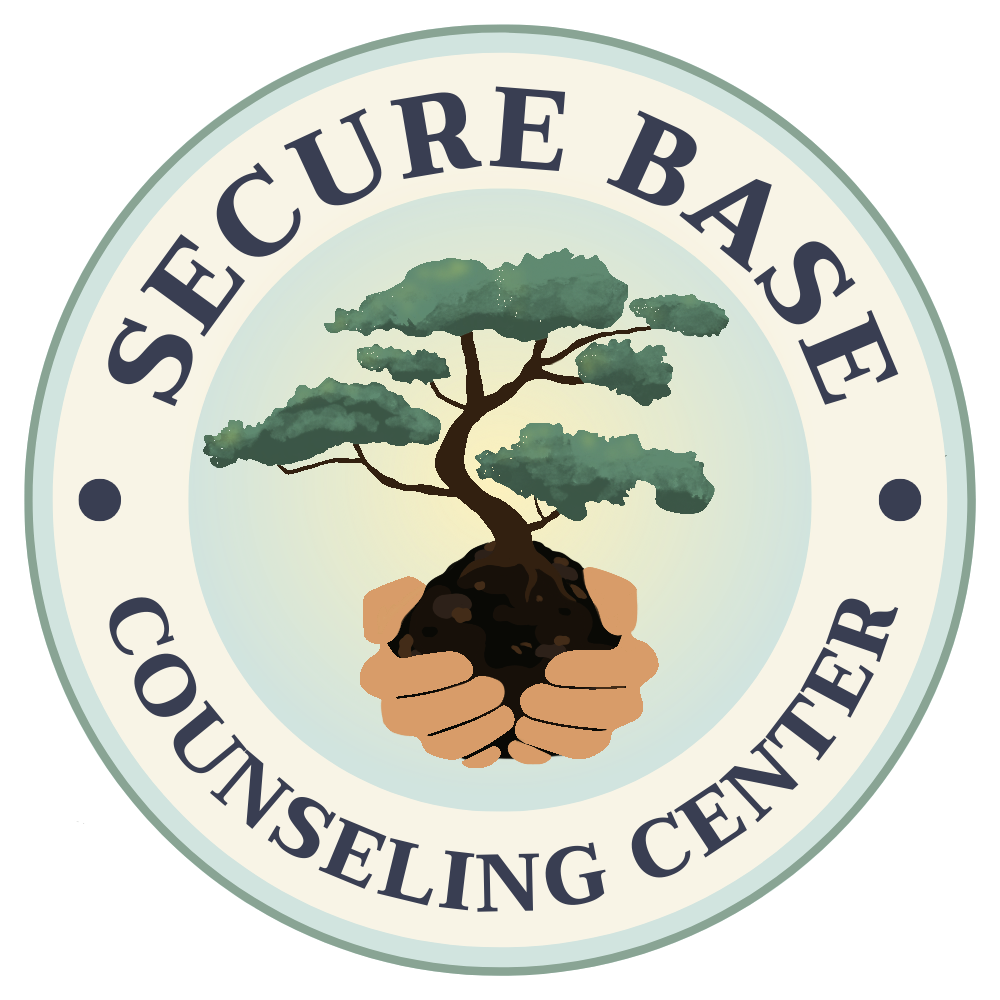DBT (Dialectical Behavioral Therapy)
Our DBT Programs
DBT is an intensive outpatient program for people who have not been successful in standard outpatient therapy, or clients who are moving from residential or partial hospitalization for extra support. Our DBT program is a welcoming and inclusive space for all. We welcome all races, religious belief systems, ethnic backgrounds, and LBGTQ+.
DBT Intensive Outpatient Programs (IOP)
- Adult DBT IOP (18+)
- Adolescent DBT IOP (12-17)
Both Programs Include:
- One hour of individual therapy with a DBT-trained therapist and
- Two hours of DBT Skills Training Group weekly.
- Consistent attendance is a major component of DBT IOP and attendance contracts will be implemented as part of treatment.
- Most clients will participate in the DBT program for between six to twelve months. Length of treatment is variable based on medical necessity and goal attainment.
Adolescent DBT IOP Note:
- The adolescent program requires parent/guardian attendance & participation in all Group Skills Training Sessions. This parent involvement is essential to DBT treatment for adolescents.
Brief DBT Groups:
- Brief DBT Group for Adults (18+)
- Brief DBT Group for Adolescents (12-17)
Brief DBT Groups Include:
1 hour of DBT Skills Group weekly for a duration of 12 weeks
- About The Therapy Settings:
Individual Therapy: Available to take place virtually or at any of our 3 office locations in Northfield, Farmington, & New Prague.
DBT Groups: Available in-person or virtually.
About DBT Therapy
DBT utilizes mindful awareness to help people increase their emotional and cognitive regulation by learning about the triggers that lead to reactive states, and helping to assess which coping skills to apply in the sequence of events, thoughts, feelings, and behaviors to help avoid undesired reactions.
Dialectic Behavior Therapy (DBT) teaches:
-
Mindfulness: the practice of being fully aware and present in the moment.
-
Distress Tolerance: the ability to tolerate discomfort.
-
Interpersonal Effectiveness: positive communication skills, conflict resolution skills and perspective taking.
-
Emotion Regulation: the ability to handle a variety of emotions in an effective manner.

Who may benefit from DBT?
-
Individuals who exhibit behaviors characterized by impulsivity, self-harm, suicidal ideation, or severe dysfunction across multiple life areas.
-
Individuals who have a diagnosis of Borderline Personality Disorder.
-
Individuals who have multiple mental health diagnoses.
-
Individuals who have mental health needs that are not being met with other available services alone.
-
Individuals who are at risk for:
-
needing higher levels of care (hospitalization/partial hospitalization)
-
chronic self-harm urges (suicidal and/or non-suicidal)
-
mental health crises
-
decompensation of mental health symptoms
-
-
Adolescents who experience:
-
Emotional dysregulation
-
Impulsivity
-
Avoidance
- Interpersonal problems
- Teenager and family challenges
-
Reduced awareness and focus
-
Meet Your Providers

Haley Raifsnider, LPCC
DBT Treatment Supervisor
Therapist in Northfield & via Telehealth

Emily Like Schuleman, MS LPCC
New Prague Site Supervisor
Therapist in New Prague, Farmington, & via Telehealth

Shelly Malone, MA
Therapist in Northfield & via Telehealth

Julie Beckmann MSW, LGSW
Therapist in Farmington & Telehealth

Aaron Close, LPCC, LADC
Therapist in Northfield, Farmington & Telehealth
